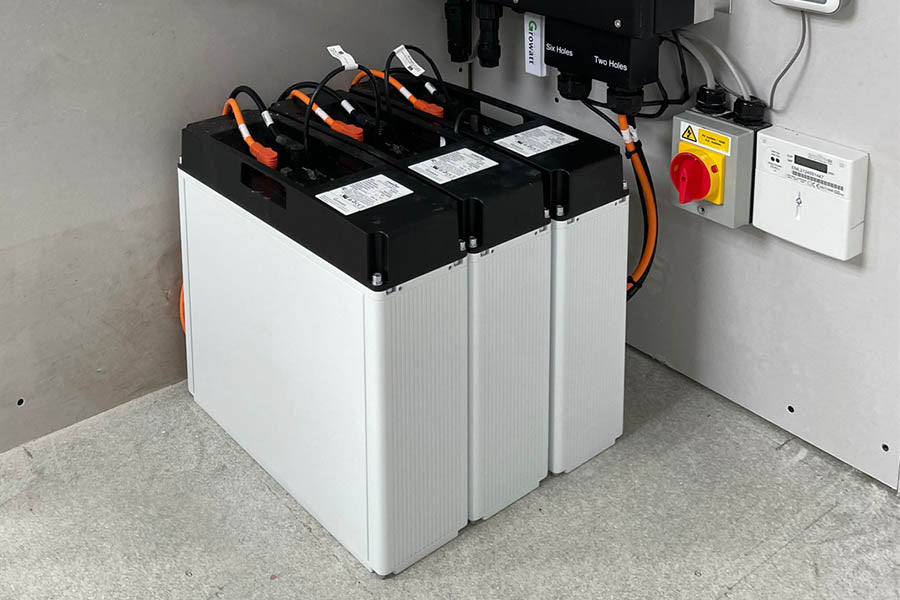In Nigeria, where access to reliable electricity is a persistent challenge, many individuals and businesses are turning to solar battery systems as a potential solution. These systems combine the power of solar panels with energy storage capabilities to provide a sustainable and independent source of electricity. In this blog post, we will explore the question on everyone's mind: Can solar battery systems reliably deliver a minimum of 8 hours of electricity per day in Nigeria? To shed light on this topic, we will draw insights from recently published research.
Understanding Solar Battery Systems:
Solar battery systems, also known as solar-plus-storage systems, consist of solar panels, a charge controller, an inverter, and a battery bank. These systems harness solar energy during the day, convert it into electrical energy, and store it in batteries for later use. The stored energy can be utilized during periods of low sunlight or at night when solar panels are not producing electricity.
Examining the Research:
In the journal article titled "A techno-economic and environmental assessment of residential rooftop solar - Battery systems in grid-connected households in Lagos, Nigeria" by Chukwudi Udeani et al., the researchers conducted an in-depth study to assess the reliability of solar battery systems in providing at least 8 hours of electricity daily in Lagos, Nigeria on a daily basis. The study focused on several key factors that influence the performance and effectiveness of these systems.
1. Solar Panel Capacity:
The researchers found that the capacity of the solar panels significantly impacts the energy generation potential of the system. Higher capacity panels can generate more electricity, ensuring a greater energy supply for the batteries and increasing the chances of meeting the 8-hour target.
2. Battery Capacity and Efficiency:
The capacity and efficiency of the batteries used in solar battery systems play a crucial role in determining their ability to provide reliable electricity. The researchers highlighted the importance of selecting batteries with adequate capacity to store enough energy to meet the 8-hour threshold and ensuring high efficiency to minimize energy losses during storage and discharge.
3. Sunlight Availability:
As Nigeria is blessed with abundant sunlight, the researchers noted that the country's solar resource potential is favorable for solar energy generation. However, variations in weather patterns and seasonal changes can affect the amount of sunlight available. It is important to consider these factors when designing a solar battery system to ensure sufficient energy capture and storage.
4. Energy Management and Load Optimization:
To maximize the reliability of solar battery systems, the researchers emphasized the need for effective energy management and load optimization. This involves optimizing energy usage, prioritizing critical loads, and implementing intelligent control systems that monitor and regulate energy flow. By efficiently managing energy consumption, it becomes more feasible to meet the 8-hour electricity requirement.
Based on the findings of the research article, it is indeed possible to rely on solar battery systems to provide at least 8 hours of reliable electricity daily in Nigeria. However, achieving this goal requires careful system design, considering factors such as solar panel capacity, battery capacity and efficiency, sunlight availability, and effective energy management.
By selecting high-quality components, optimizing system performance, and considering the specific energy needs of the user, solar battery systems can offer a reliable and sustainable electricity solution.
When considering the adoption of a solar battery system, it is recommended to consult with solar energy experts and professionals who can provide customized solutions tailored to your specific requirements and location.
Source: Chukwudi Udeani, Paulina Jaramillo, Nathaniel J. Williams, A techno-economic and environmental assessment of residential rooftop solar - Battery systems in grid-connected households in Lagos, Nigeria, Development Engineering, Volume 6, 2021, 100069, ISSN 2352-7285.
